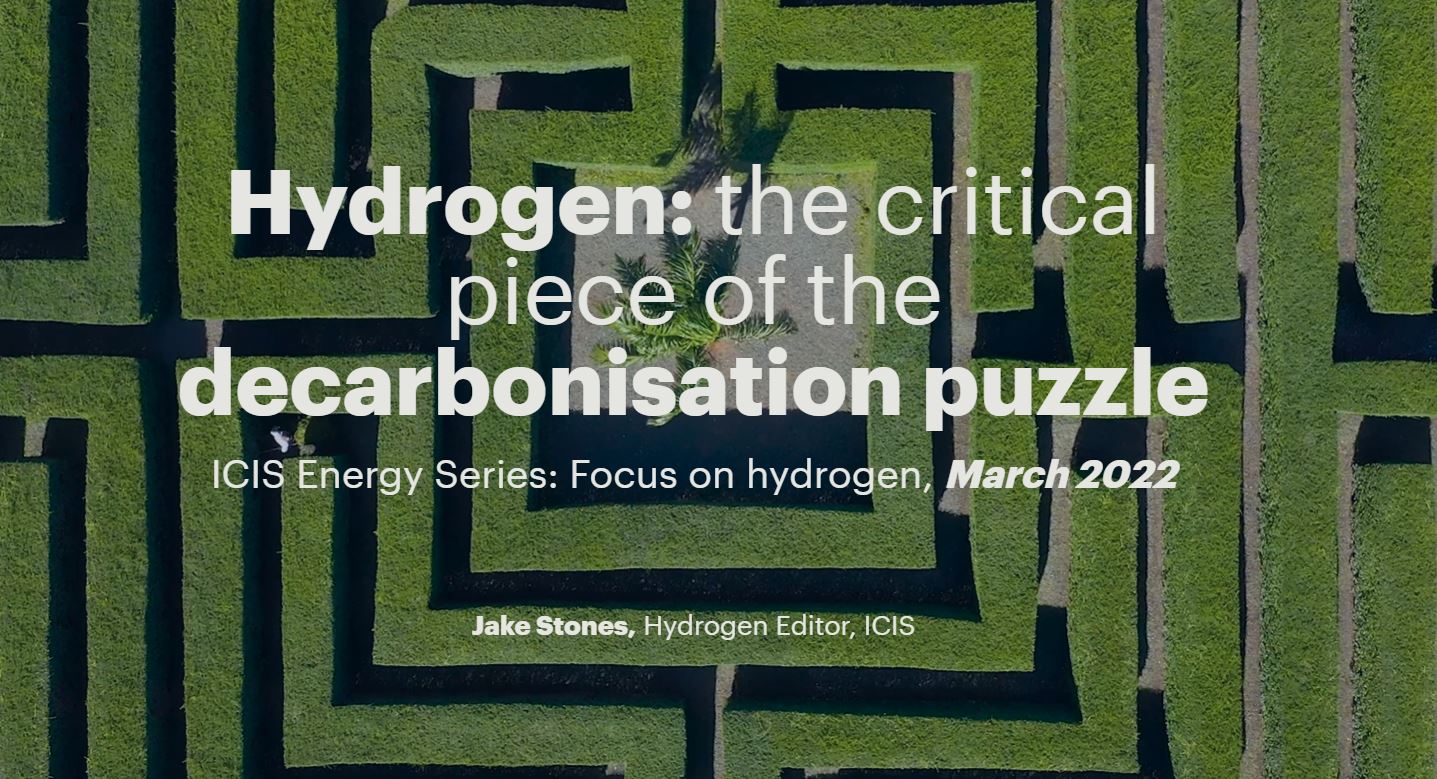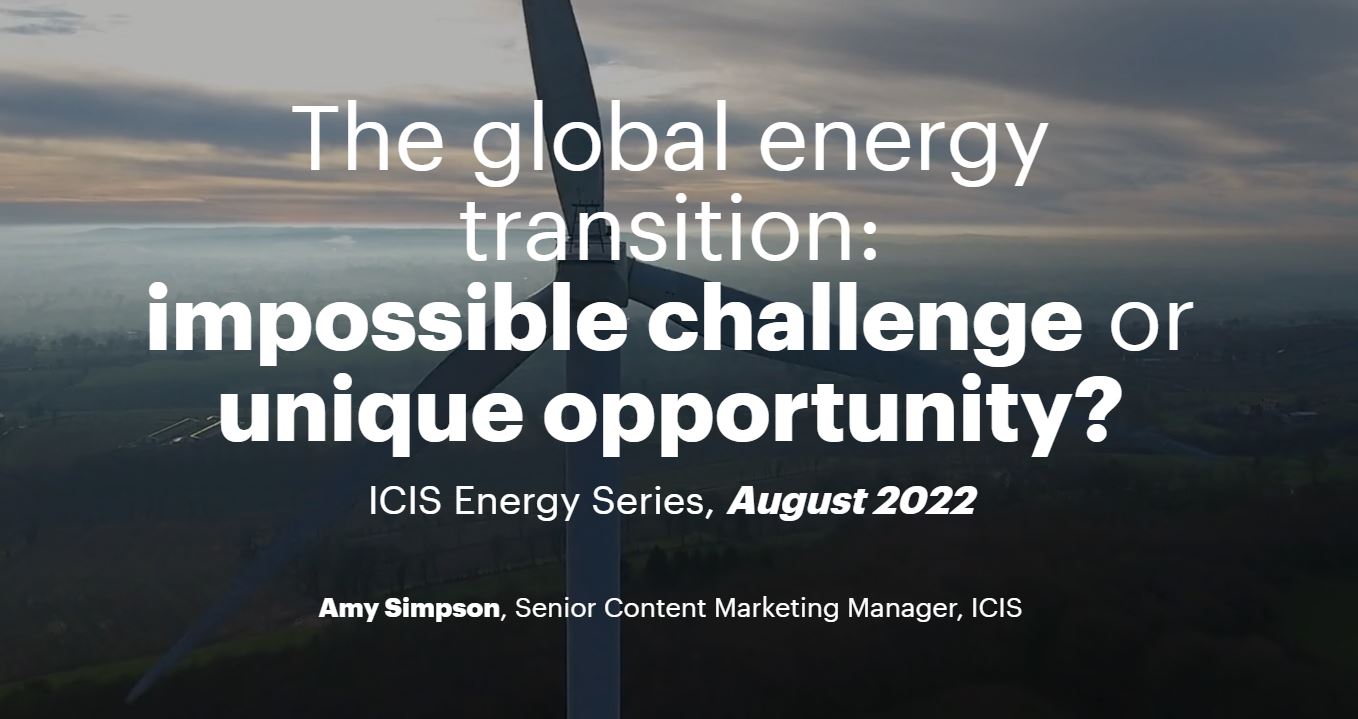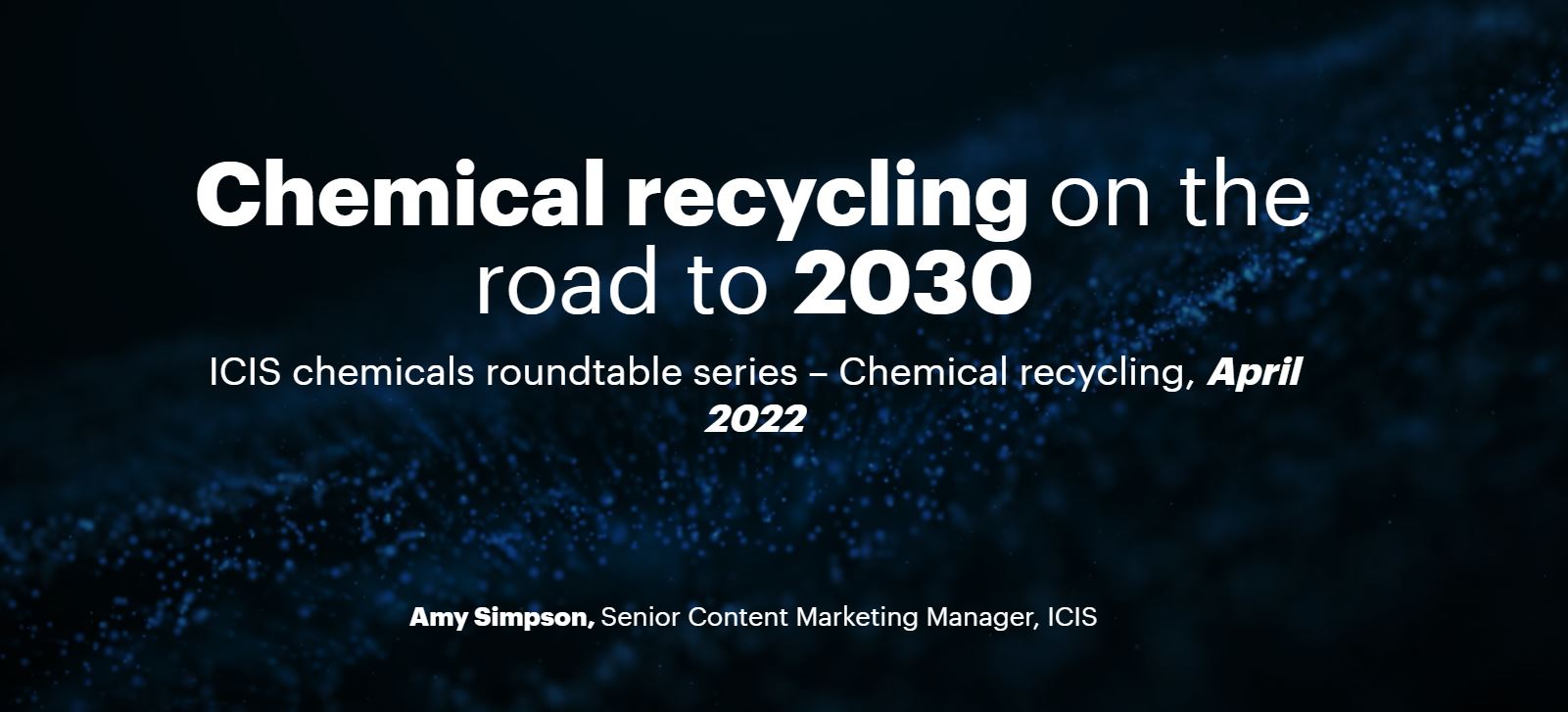ICIS, a RELX business, argues that because of unpredictable weather and environmental conditions, industry cannot run alone on electricity. Hydrogen could answer these problems and more, as it offers all the benefits of natural gas, like flexible power generation and ease of storage, but when burned it emits zero carbon. This article relates to SDG 7, Affordable and Clean Energy.
This article, related to SDG 7, Affordable and Clean Energy, analyses the factors influencing the global energy transition, it's impact on trading markets and business, and the new energy sources that we are transitioning into.
This article, relating to SDG 12, Responsible Consumption and Production, analyses global recycling and sustainability trends, chemical industry environmental regulations, and supply chain issues.
ICIS, a RELX business, analyses the chemical recycling process and its potential as a long term recycling solution, relating to SDG 12, Responsible Consumption and Production. So far, there have been many challenges facing chemical recycling adoption that are explained in this article, however, longer term there is some certainty that chemical recycling can be complimentary to mechanical recycling overall.
This article ties to SDG 3. This study aimed to synthesize the literature on evaluations of psychosocial support interventions for populations affected by forced displacement.
This article ties to SDG 3. This systematic review evaluated Compassion Focused Therapy (CFT), specifically and only within clinical populations, offering relative homogeneity combined with a rigorous approach.
This paper concludes that ASF (animal-source foods) production generally has a large environmental impact; yet, when produced at an appropriate scale and in accordance with local ecosystems and contexts, livestock can play an important role in circular and diverse agroecosystems that, in certain circumstances, can help restore biodiversity and degraded land, mitigate Green House Gas emissions from food production, and contribute to food security and nutrition for populations worldwide.
The article investigates the role of environmental pollutants, especially endocrine disrupting chemical, and their negative effect on fertility.
This article advances SDG # 13 by devising a new way of accounting for responsibility, and shows that developing countries value-chain based responsibility for global CO2 emissions has surpassed that of developed countries since 2012 and is increasing quickly. Massive global value chains, through global trade, make accounting for "responsibility" of climate emissions increasingly complicated.
Emerging Practices in Telehealth: Best Practices in a Rapidly Changing Field, 2023, Pages 131-140
This chapter advances the UN SDG Goal 3: Good Health and Goal 10: Reduced Inequalities by hihglighting low to high technology options, telehealth platform training for support staff and providers, subsidized and improved budgets for telehealth, and improved reimbursement as vital steps to close the digital divide and improve health-care disparities.




